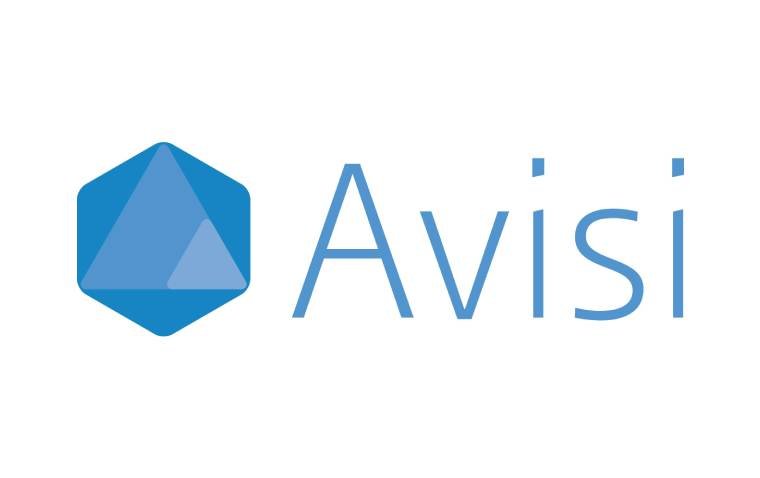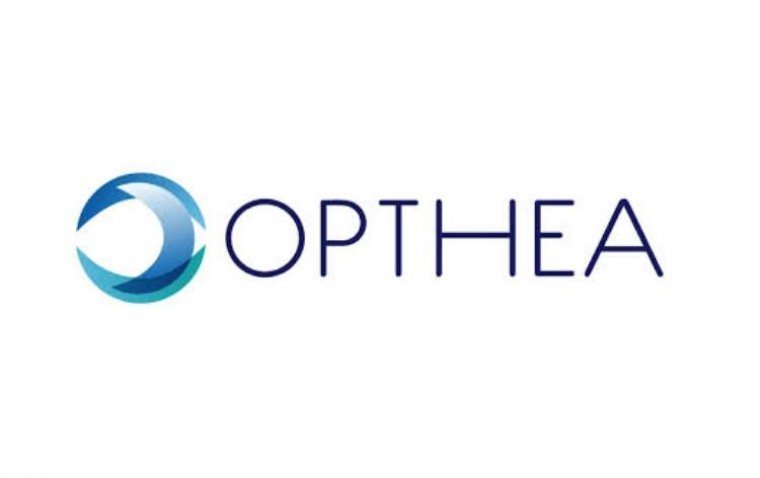
AI-Ready Dataset Released for Type 2 Diabetes Research
A groundbreaking study has unveiled a flagship dataset designed to explore the biomarkers and environmental influences that contribute to the development of type 2 diabetes (T2D). This comprehensive dataset includes data from participants ranging from healthy individuals to those at various stages of the disease, providing an unparalleled view into the complexities of T2D.
Linking Environmental Factors and Disease Progression
One of the study's early findings reveals a clear link between fine particulate matter (air pollution) and disease progression. Data collected through customized environmental sensors in participants’ homes highlight how environmental exposures can impact health.
The dataset goes beyond traditional diabetes research by incorporating:
• Eye-imaging scans
• Depression scales
• Traditional glucose measurements
• Survey responses
These measures create a detailed health profile for each participant, offering insights into how environmental and biological factors interact.
AI-Powered Analysis for New Insights
The dataset is being analyzed with artificial intelligence (AI) to uncover novel risk factors, preventive strategies, and mechanisms linking health and disease. Researchers aim to explore how environmental exposures contribute to diabetes and its complications, including diabetic retinopathy.
“We see data supporting heterogeneity among type 2 diabetes patients — that people aren’t all dealing with the same thing,” said Cecilia S. Lee, MD, professor of ophthalmology at the University of Washington School of Medicine.
“Researchers will be able to explore this deeply with our large, granular datasets.”
Dr. Lee also noted that the dataset currently includes 1,067 participants, which is only 25% of the anticipated 4,000 enrollees.
Diverse and Equitable Data Collection
The study, supported by the National Institutes of Health (NIH), is part of the Artificial Intelligence Ready and Equitable Atlas for Diabetes Insights (AI-READY) initiative. Led by Aaron Lee, MD, the project seeks to collect data from a racially, ethnically, and medically diverse population:
• 1,000 participants from each racial/ethnic group: White, Black, Hispanic, and Asian.
• 1,000 participants in each disease category: No diabetes, prediabetes, non-insulin-controlled, and insulin-controlled T2D.
• Equal male/female split.
“We are examining not only how people become diseased (pathogenesis) but also what contributes to their recovery (salutogenesis),” said Dr. Aaron Lee, principal investigator and professor of ophthalmology at UW Medicine.
Data Accessibility and Ethical Usage
The dataset is hosted on a custom online platform and is available in two formats:
1. Controlled-access version: Requires a usage agreement and researcher verification.
2. Publicly accessible version: Strips away HIPAA-protected information for general use.
Early Impact:
The pilot dataset, released in summer 2024 and containing data from 204 participants, has already been downloaded by 110 research organizations worldwide.
Advancing Diabetes Prevention and Management
This collaborative study aims to create detailed "pseudo health histories," charting the progression of disease and recovery to improve understanding of T2D. These insights could lead to innovations in preventing diabetes complications, including diabetic eye diseases.
By leveraging AI-ready data and fostering global collaboration, this initiative is paving the way for transformative discoveries in diabetes prevention, treatment, and management.
References:
Flagship AI-ready dataset released in type 2 diabetes study | National Eye Institute. Nih.gov. Published November 8, 2024. Accessed November 25, 2024. https://www.nei.nih.gov/about/news-and-events/news/flagship-ai-ready-dataset-released-type-2-diabetes-study
Artificial Intelligence Ready and Equitable Atlas for Diabetes Insights. AI-READI. Published 2024. Accessed November 25, 2024. https://aireadi.org/
AI-READI Consortium. AI-READI: rethinking AI data collection, preparation and sharing in diabetes research and beyond. Nat Metab (2024). https://doi.org/10.1038/s42255-024-01165-x
(1).jpg)










